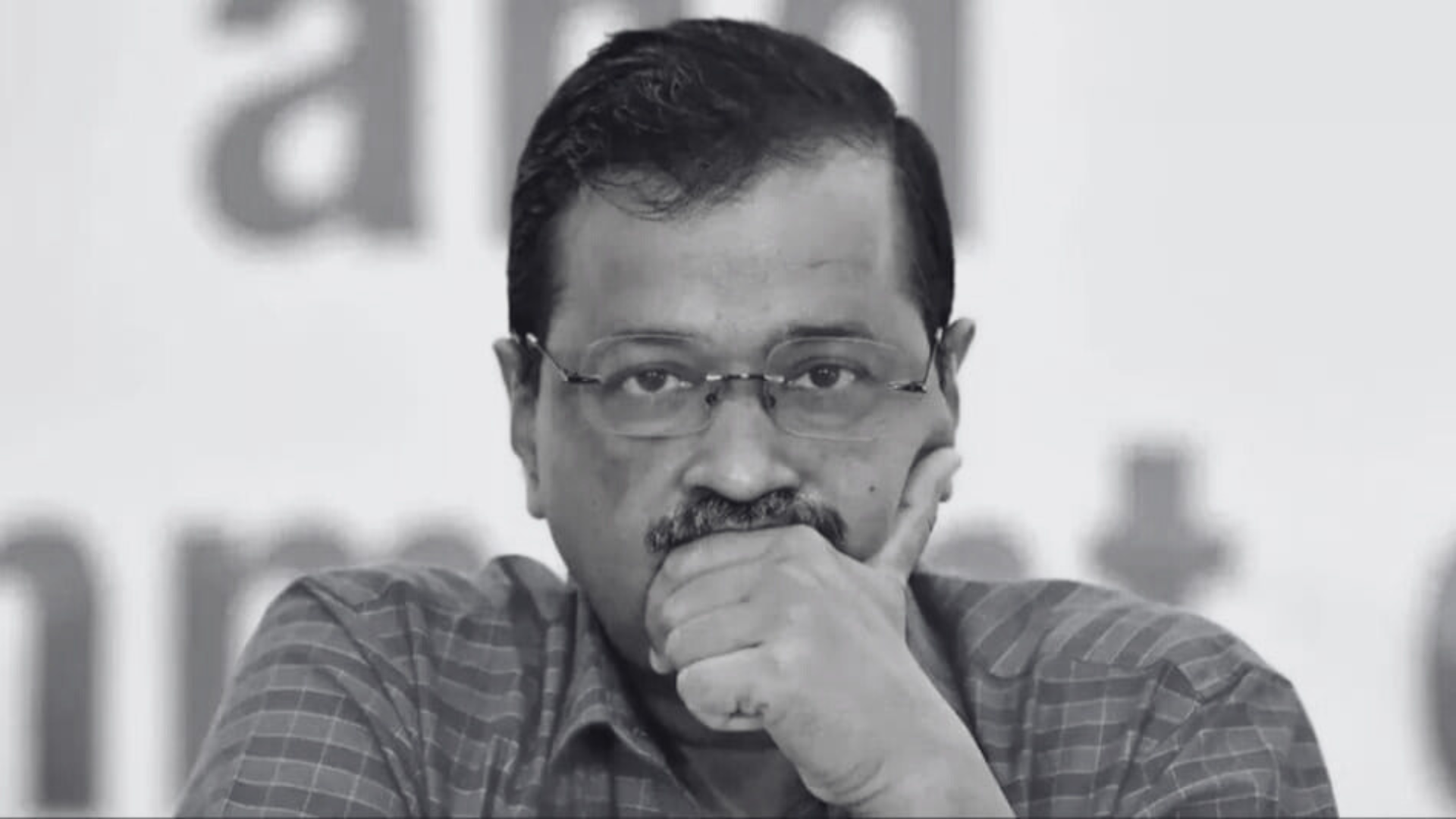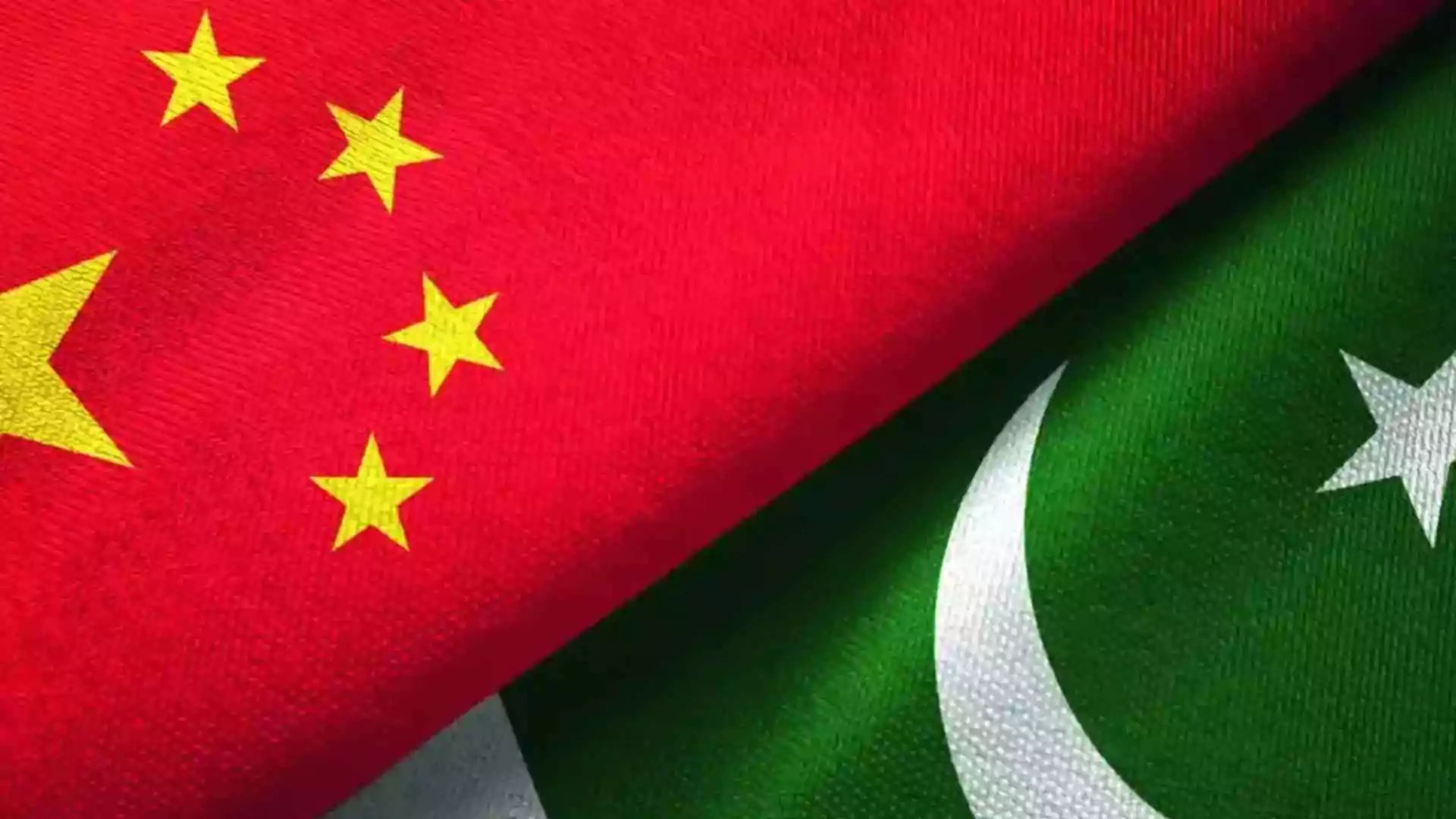As Delhi grapples with an intense water crisis amidst rising temperatures, Chief Minister Arvind Kejriwal has appealed to the central government and the BJP to urge Uttar Pradesh and Haryana to assist in meeting Delhi’s water demands.
Kejriwal emphasized the need to set aside political differences and work together to resolve the crisis. “In this scorching heat, the water demand has increased significantly, and the water that Delhi used to get from neighboring states has also been reduced. That means the demand has increased a lot, and the supply has reduced. We all have to solve this together,” Kejriwal wrote in a post on X.
इस बार पूरे देश में अभूतपूर्व गर्मी पड़ रही है जिसकी वजह से देश भर में पानी और बिजली का संकट हो गया है। पिछले वर्ष, दिल्ली में बिजली की पीक डिमांड 7438 MW थी। इसके मुक़ाबले इस साल पीक डिमांड 8302 MW तक पहुँच गयी है। पर इसके बावजूद दिल्ली में बिजली की स्थिति नियंत्रण में है, अन्य…
— Arvind Kejriwal (@ArvindKejriwal) May 31, 2024
Advertisement · Scroll to continue
Addressing BJP colleagues, he added, “I see that BJP colleagues are protesting against us. This will not solve the problem. I request everyone with folded hands that instead of doing politics at this time, let us come together and provide relief to the people of Delhi. If the BJP talks to its governments in Haryana and UP and gets some water for Delhi for a month, then the people of Delhi will greatly appreciate this step of the BJP. Such scorching heat is not in anyone’s control. But if we all work together, we can provide relief to the people.”
Despite the government setting up a “war room” and promising “Har Ghar Jal” (Water to Every Household), residents across Delhi are experiencing acute water shortages. Areas like Sanjay Camp in Chanakyapuri and Geeta Colony are severely affected. In the intense heat, people are often seen waiting in long queues, hoping to fill at least one bucket from water tankers that are inadequate for the large populations.
Residents have repeatedly submitted applications regarding the water shortage, but their pleas remain unaddressed. In Geeta Colony, East Delhi, residents expressed their dissatisfaction with the insufficient water supply. “It has become a very big problem, only one tanker comes, and the colony is so big. We have written two applications to the government, but who listens to the poor? We have to buy the water to drink it. One bottle costs us 20 rupees,” complained Rudal, a resident.
अरे दिल्ली को लूटने वालों शर्म करो और कुछ जिम्मेदारी तो लो…..@AamAadmiParty@ArvindKejriwal
मीठी मीठी बातें बोलकर आपने 70 में से 68 सिट तो ले ली लेकिन आने वाले कुछ ही दिनों में आपको दिल्ली की जनता याद रखेगी।मैं हरियाणा के @AAPHaryana आम आदमी पार्टी के नेताओं से पूछना चाहता… pic.twitter.com/NgqZAFZ8u5
— Mahesh Bhavsar (Modi Ka Parivar) (@imaheshbhavsar) May 31, 2024
Another resident added, “Only one tanker arrives, and with so many people waiting, we often don’t get any water and sometimes have to leave empty-handed. The water supply is available just once at 11 am. We either have to purchase it or find another way to manage it.”
Residents also noted that officials observe their situation and take note of complaints but never return with solutions. “There are at least 4000 to 5000 people in this area. One tanker is not enough for so many people,” said Sagar, another resident.
#WATCH | Delhi BJP holds demonstration march from Shahidi Park to Delhi secretariat over water crisis in the national capital. pic.twitter.com/JzfLs0zBiQ
— ANI (@ANI) May 31, 2024
Pushpa, a resident of South Delhi’s Raju Park, stated, “We all are very troubled with the water crisis. If we order a government tanker, it takes 20 days to come, and if we order a private tanker, we have to pay Rs 1800-2000.”
In response to the crisis, women workers of the BJP staged a protest outside Delhi water minister Atishi’s residence, criticizing the Kejriwal government for its handling of the water issue.
The Delhi Met Department forecasts a maximum temperature of 45 degrees Celsius on Friday, with Ayanagar in Delhi recording a maximum temperature of 47 degrees Celsius on Thursday. As the heatwave continues, the urgency for a solution to the water crisis becomes even more critical.






















